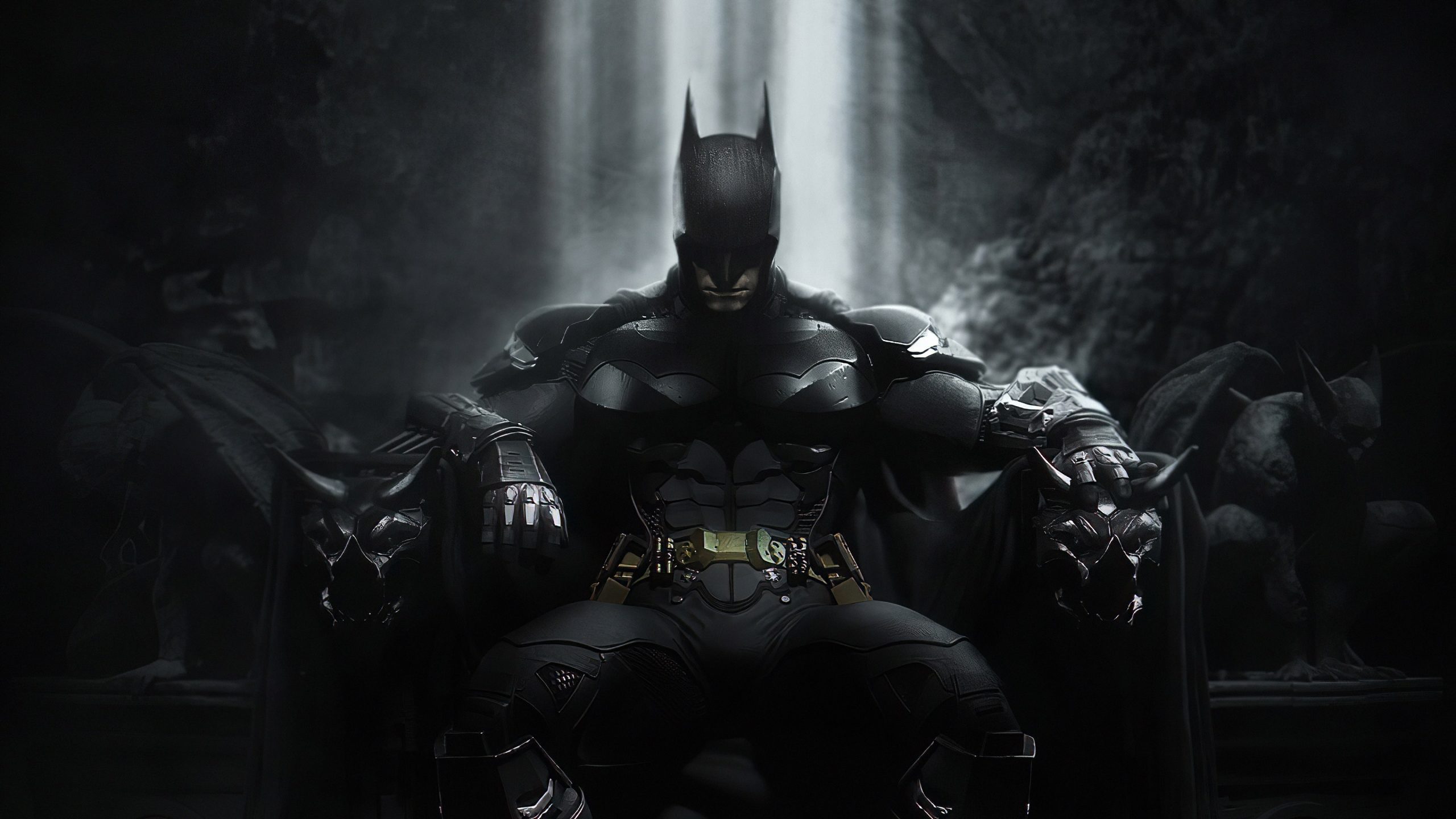My four-year-old son loves cartoons, superheroes, books, and stories of all kind. If I start telling him stories, he will happily sit on my lap and listen to me for hours. He's never encountered a story he didn't want to hear; and if no one can or will tell him a story, he will make up his own.
For as long as he's been able to hear stories, he has gravitated toward the villains. He thinks they're cool. He thinks they're tough. He always prefers the villains to the protagonists. As a parent, I would much rather he gravitated toward the heroes and model their behavior, but to my chagrin his interest is always strongly fixated on the villains of the stories.
Why might this be? I decided to find out. I asked him a barrage of questions over the course of many days and weeks to learn why he prefers villains. What he taught me was something we can all learn from.
Fundamentally, the reason is because villains are "cool." They're strong, confident, often witty, often depicted as much more capable than the protagonists. They speak in smooth, deep voices; they command attention and they exude strength and power. Seen from the lens of a four-year-old boy, what's not to like about villains?
The question really isn't why he prefers villains. No, the real question is why doesn't he see the heroes as cool, and from the above paragraph, the answer is obvious. Heroes are none of those things.
Except Batman. My son loves Batman.
In the 1800s, Romanticism was the literary order of the day. Heroes were perfect, villains pure evil, and stories were about heroes defeating evil villains. Eventually, writers began creating more complex stories, in which heroes had weaknesses and flaws that they had to overcome in order to defeat the villain. Every hero needed a "hero's journey." The battle between a hero and a villain became a battle between the hero and the weaker parts of himself.
From there, things just kept getting worse. Heroes weren't men anymore, they were boys, youths. Kids had to save the world from evil villains on their way to growing up. So every heroic story became a story about kids growing up. Eventually, girls wanted in on the action, and most modern tales of heroism are about girls growing up; or, as The Critical Drinker has repeatedly pointed out, girls growing up and learning that they've already been perfect all along. They just really needed to believe in themselves.
From this angle, is it any surprise that four-year-old boys are more interested in villains than heroes? Villains are fully formed characters, true Romanticist gods, ready and able to take what they want and enact their will on the world around them. And all the people who want to stop them are small, coed groups of weak little kids who haven't yet figured out how to be heroes.
God, who wants to be a hero in a story like this?
As a result of all of this, I am going to have to take more of a role in shaping my son's relationship to story time. He needs exposure to more heroes like Batman: Clint Eastwood's "man with no name," Jason Statham's various characters in all of his movies, Schwartzenegger's entire oeuvre, Bruce Lee, Jet Li, John Carter of Mars, Carson of Venus, and so on.
My son is desperate for some good, old-fashioned literary Romanticism, and I'm going to give it to him. Shouldn't you do the same for your son?

This reflection on your son's fascination with villains is both insightful and heartwarming. It’s a great reminder of how children perceive strength, confidence, and charisma—qualities often portrayed more vividly in villains than in heroes. Your thoughtful exploration into his preferences shows a deep curiosity, much like the one needed for in-depth academic analysis. For those diving into complex research, a Literature Review Writing Service can help unpack layered ideas just like this, turning observations into structured insight.
ReplyDeleteTo explore the different complexities of modern hero acts that is featured with expectations of flawless saviors. In addition seeking for the best MBA personal statement writer to customized great quality work and enhance writing abilities.
ReplyDelete